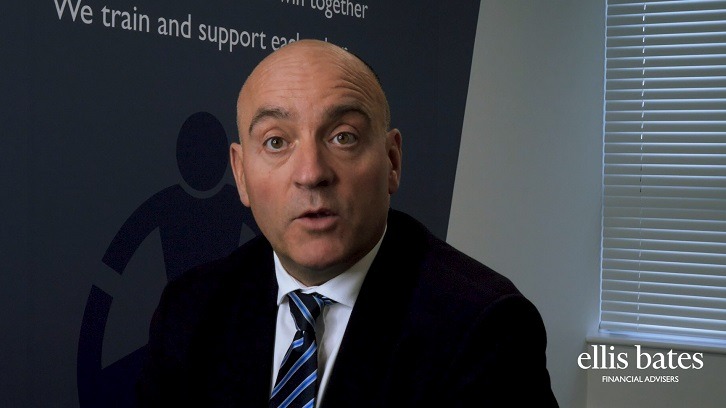Salary Sacrifice
Pension salary sacrifice – more than ever before, the perfect ‘win-win’
for both employees and employers.
 According to Personnel Today, almost 40% of businesses in the UK do not offer salary sacrifice schemes to their employees.
According to Personnel Today, almost 40% of businesses in the UK do not offer salary sacrifice schemes to their employees.
As a result of the increase to National Insurance contributions (NICs) in April 2022 of 1.25%, there will be a natural review of pay and benefit costs.
Alongside anticipated pressure on inflation-busting wage increase requests, and the ever-present candidate shortage and The Great Resignation, UK businesses are looking for opportunities to help employees combat the real household income squeeze, and encouraging a higher uptake of salary sacrifice arrangements with employees is one such ‘win-win’ solution.
Adding value to your employees
Pension salary sacrifice is a method of saving National Insurance Contributions (NIC) for employers and employees alike.
Salary Sacrifice
Chartered Financial Planner, Colin Welsh
Visit our YouTube channel to see our videos![]()
With your employees already saving into a workplace pension scheme, every company can offer pension salary sacrifice as an option, which will allow your employees to not only mitigate the cost of the 1.25% increase but to increase their net take home pay, please see table below for illustration.
Salary sacrifice is the exchange of salary for a non-cash benefit, including additional pension contributions, and can be used for cycle to work schemes/cars etc. Employees can choose the level of salary sacrifice and can also opt to sacrifice some or all of any bonuses for extra pension contributions.
Salary sacrifice for employers
If you are an employer find out how to set up salary sacrifice arrangements and calculate tax and National Insurance contributions on them by visiting the GOV.UK website.
The ‘win-win’ advantage is that your employees save on tax and NICs and so will the company, with the savings coming from the exchange of salary for pension contributions before the income tax is applied.
Additionally, you can decide to increase the total pension contribution by adding some, or all, of the resulting employer NIC saving and there would be no tax charge for the employee, a very welcome boost for your cost of living-beleaguered employees.
Salary sacrifice also offers full and immediate tax relief for higher rate tax-payers, who would normally have to complete self-assessment tax returns before the full benefits were afforded.
Employee
| Before Salary Exchange | After Salary Exchange | |
| Gross Salary | £31,000.00 | £29,450.00 |
| Income Tax | £3,686.00 | £3,376.00 |
| NI Contribution | £2,798.40 | £2,593.03 |
| Net Annual Contribution | £1,240.00 | £0.00 |
| Net Pay | £23,275.60 | £23,480.97 |
Employer
| Before Salary Exchange | After Salary Exchange | |
| Gross Salary | £31,000.00 | £29,450.00 |
| NI Contribution | £3,295.95 | £3,062.67 |
| Pension Contribution | £930.00 | 2,480.00 |
| Cost to Employer | £35,225.95 | £34,992.68 |
The very welcome saving for employers can also help combat spiralling energy and fuel costs.
Salary Sacrifice Considerations
- Constitutes a contractual change to an employee’s terms and conditions
- Requires procedural documentation, implementation and communication
- Requires full HMRC compliance
- Earnings related benefits (death in service, critical illness policies, overtime rates etc) must be defined and considered appropriately
- Salary sacrifice level must not reduce earnings below national minimum wage/national living wage levels
- Employees are aware of their responsibilities if they exceed the Pension Annual Allowance and/or Lifetime Allowance
Seek Salary Sacrifice advice
If you are considering a new scheme or would like to review an existing scheme, we offer expert help and support to employers and businesses.

